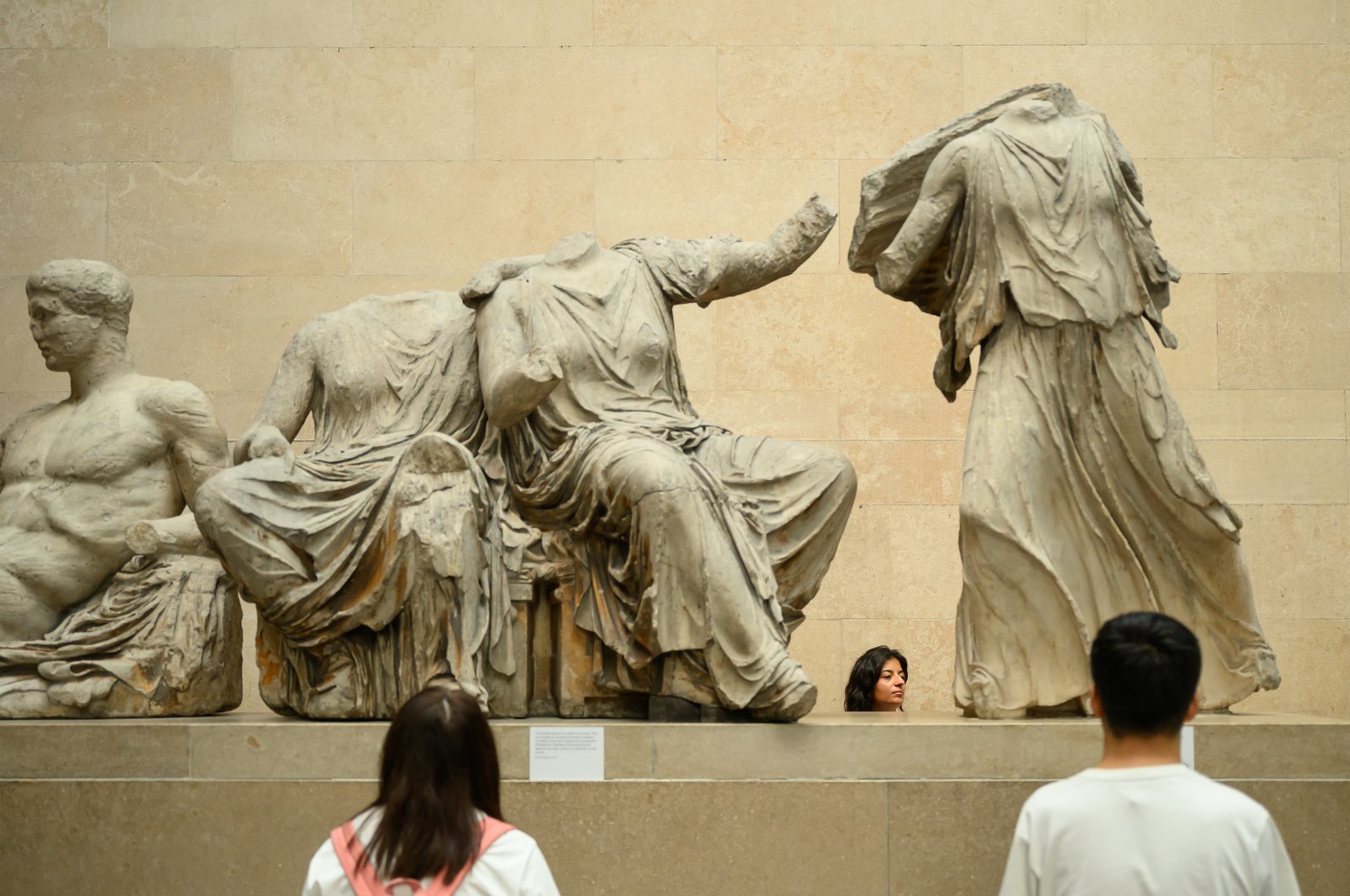
During the UNESCO conference on the Parthenon Sculptures, Zeynep Boz, the head of smuggling prevention at the Turkish Ministry of Culture and Tourism, publicly supported Greece's longstanding claim to the historic artifacts. Boz’s comments have ignited a fresh wave of discussions about the legitimacy of the sculptures' acquisition by Britain in the early 19th century.
In an interview with ERTnews, Boz compared the sculptures and undocumented historical documents. "Consider a document written today that lacks a signature, seal or identifying mark, found 200 years later; it’s merely paper with text,” she explained.
Boz argued that the document purportedly legitimizing the Ottoman Empire’s sale of the sculptures to England is devoid of any official markings, such as the sultan’s signature, rendering it unofficial.
Expressing her anticipation for the sculptures' return, Boz stated, "I eagerly await the day when the Parthenon Marbles reunite with the sky they deserve, displayed in the splendor of the Acropolis Museum."
Boz also noted that Turkish archives contain no records of official transactions between the Ottoman state and England concerning the sculptures. This absence of evidence has fueled skepticism about the legality of the sculptures' acquisition from the Ottoman perspective.
During the UNESCO Intergovernmental Committee for Promoting the Return of Cultural Property to its Countries of Origin or its Restitution in Case of Illicit Appropriation (ICPRCP) session held in Paris from May 29-31, Boz further challenged one of the British Museum's key arguments against the sculptures' return. She emphasized the lack of written authorization allowing Britain's Lord Elgin to sell significant sections of the Parthenon’s sculptural decorations, removed between 1801 and 1812 when Athens was under Ottoman rule. "We are not aware of any document legitimizing this purchase,” Boz declared.
Boz's comments directly confront the British Museum's stance that the sculptures were legally obtained with the permission of the Ottoman authorities. She described the removal of the marble as an act by "U.K. colonialists" and questioned the legality of the acquisition even under the law of the time.
"We wholeheartedly look forward to celebrating the return of the sculptures, as we believe it will mark a change of behavior towards the protection of cultural property and be the strongest message given globally,” Boz added.
Greece welcomed Boz's remarks, with Artemis Papathanasiou, head of the Foreign Ministry’s department for international law, acknowledging the significance of her statement. Nikolaos Stampolidis, director of the Acropolis Museum and part of the Greek delegation in Paris, reiterated Greece’s stance on the issue, stating, "It is just a simple document,” referring to the controversial firman, or official decree, allegedly authorizing the sale of the sculptures.
